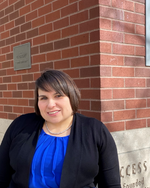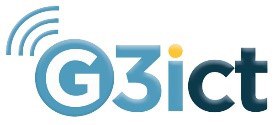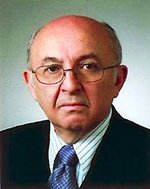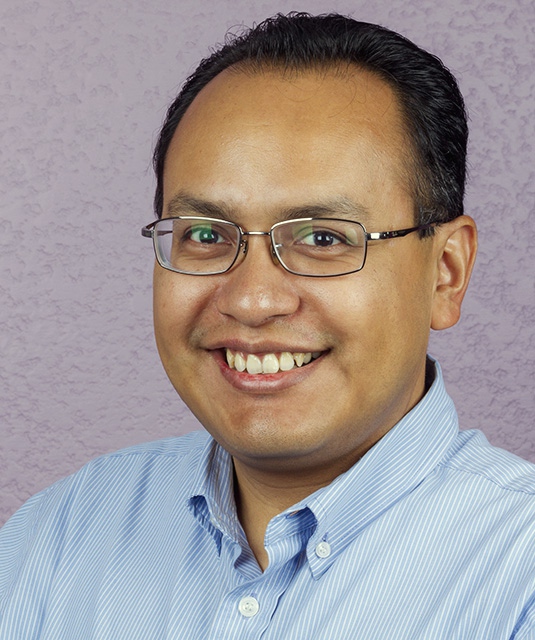Mobile Apps for Special Education and Rehabilitation: More Than Child’s Play
Posted on May 15, 2014
Mobile apps that aid children with disabilities to communicate better are also game changers for users of all abilities, writes G3ict blogger David Fazio, who will be presenting at the M-Enabling Summit this June.
“There’s an app for that.” There is an app for pretty much anything you can think of. Video game apps like Angry Birds and Clash of Clans occupy users on the bus, metro rails, airports, and queues in the supermarket. Who would have ever thought that mobile apps would take on the form of rehabilitation video games, such as speech and communication therapy, as well as cognitive and learning brain training?
Well, you have the disability community to thank for that. Mobile applications have been developed in the form of video games to treat a variety of neurological, cognitive and learning impairments. These systems are useful not only for persons with disabilities, but they also provide children learning English as a Second Language, as well as developing children in general education, with a fun, interactive way of engaging with the material.
Language can be learned and enhanced by putting together a jigsaw puzzle, or collage of pictures with the mobile app Touch Chat. It is a touchscreen application filled with pictures that correspond with actions, activities, phrases, and vocabulary. When integrated effectively in the classroom this app can not only make learning fun for all but also make communicating and participating in a general classroom normative for many students with developmental disabilities (who might be non-verbal). Harmony works here to make that possible without emphasizing that students use this tool because they are disabled.
To learn more about this mobile application and the impact it has on including students with disabilities in the general education classroom join my presentation on June 9, 2014 at the M-Enabling Summit in Washington DC, 'Mobile Innovation Forum and App Smackdown – Special Educators'.
Touch Chat is a fun way to communicate, practice and learn language, while other companies have harnessed mobile technology for neurological therapies or brain training. Video games are now being used as rehabilitation programs for patients with traumatic brain injuries. The up-and-coming field of neuroplasticity, the way that brain cells and neuro-pathways organize themselves in your brain, has led to the development of brain training games that exercise your memory, attention and more. Brain training games improve performance of your executive functioning to keep you sharp, alert and feeling at your best. Harmony works here to provide seamless entertainment that serves a practical medical function. Users can exercise in their rehabilitation regimens anywhere throughout their day without anyone knowing.
Join my presentation on June 10, 2014 at the M-Enabling Summit in Washington DC: Afternoon session 1:30 PM to 3:00 PM, Salon 5+6 – Mobile Innovation Forum and App Smackdown – Learning and Cognitive.

























